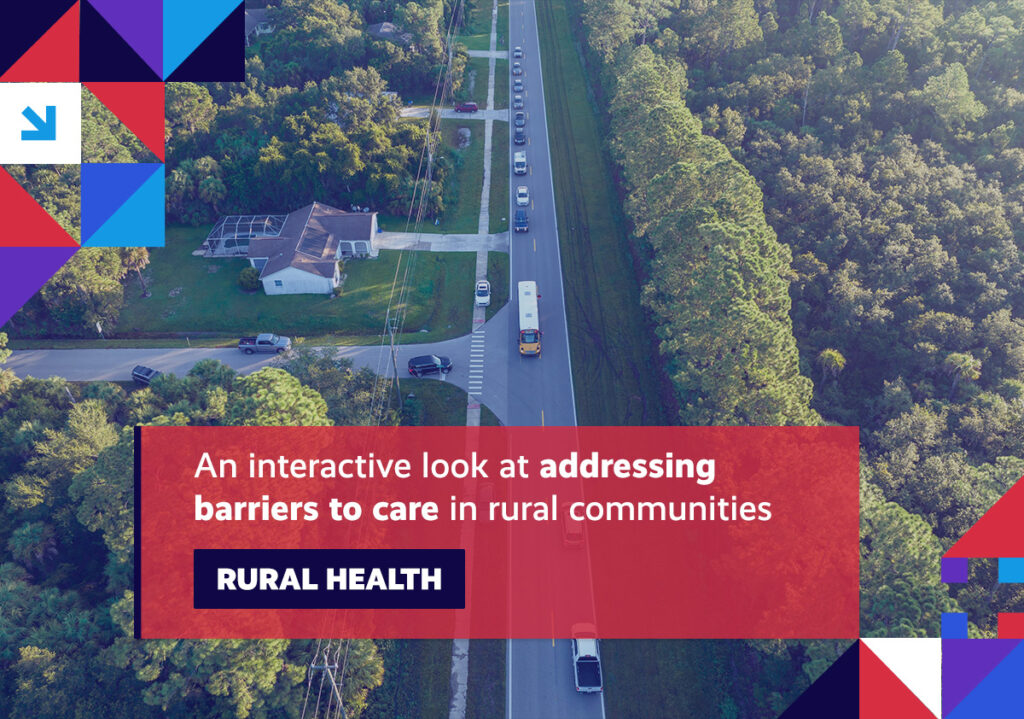A quick roundup of the issues driving the healthcare reform conversation.
Item of the Week

Spotlight
PBM VALUE A closer look at how PBMs lower healthcare costs.
Quick takeaway: A new paper takes a deep dive into the critical role that pharmacy benefit managers (PBMs) play in our evolving healthcare economy.
Digging deeper: Released by the Competitive Enterprise Institute (CEI), the study points out how PBMs negotiate lower prices and improved pharmacy services for consumers and plan sponsors within a complex prescription drug supply chain.
As a result of their efforts, patients get more beneficial drugs at lower costs, which translates into lower premiums and improved health.
A corresponding CEI video reinforces that PBMs are a free market solution focused on enhancing competition through group purchasing and negotiated discounts, which is especially important in regards to the pharmaceutical industry, where drugmakers wield enormous influence on drug prices.
What it means: The analysis comes at a critical point in the ongoing policy conversation targeting out-of-control drug costs, with lawmakers in Washington, DC and in state capitals across the country falling prey to Big Pharma’s scapegoating rhetoric blaming everyone else, such as PBMs, for rising drug prices.
MEDICARE ADVANTAGE GROWTH Enrollment growth in the Medicare Advantage program is fueled by beneficiaries making the switch from traditional Medicare.
Quick takeaway: Medicare-eligible seniors are increasingly choosing Medicare Advantage (MA) plans over Fee-for-Service (FFS) Medicare.
Digging deeper: Much of the growth in the MA program over the last two decades is due to beneficiaries switching from FFS to Medicare Advantage plans according to a recent study. In fact, between 2006 and 2022, the pace of beneficiaries making the choice to go from traditional Medicare to MA more than tripled.
Researchers also confirmed their initial hypothesis, namely, that new beneficiaries – those turning 65 – were overwhelmingly choosing MA. In 2006, 16 percent of those newly turning 65 years of age signed on to MA plans. By 2022, that number had exploded to 43 percent.
What it means: Given the rising popularity of the program, stakeholders continue to focus on ways to improve MA, including advancing health equity and reducing disparities, as well as increasing access to mental and behavioral health.
MEDICAID & SDoH Operationalizing a focus on social drivers of health in Medicaid can improve health outcomes and lower costs.
Quick takeaway: Medicaid managed care plans continue to implement innovative approaches to care delivery to better address enrollees’ overall health.
Digging deeper: Medicaid’s growing focus on social determinants of health (SDoH), enables managed care plans to make critical investments aimed at addressing racial, ethnic, and socioeconomic health disparities.
What it means: While progress has been complicated by regulations governing how these investments are made, states have slowly been given more flexibility to address Medicaid enrollees’ SDoH needs. But, as stakeholders urge, more can be done to encourage and facilitate greater investments in the SDoH space.
Spotlight

| You can keep up with the latest by following the Health Action Network on X and by liking us on Facebook. And, be sure to check us out on LinkedIn, too. As always, let us know if there’s something you’d like to see covered in a future newsletter. |
The Health Action Network includes everyday Americans—families, workers, businesses, patients, providers, neighbors, and friends. We are working together because we support market-based solutions that offer better healthcare choices and help build a stronger economy. The Health Action Network is an Elevance Health, Inc., initiative.
